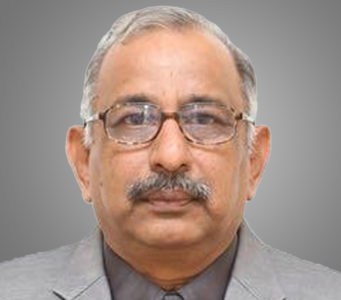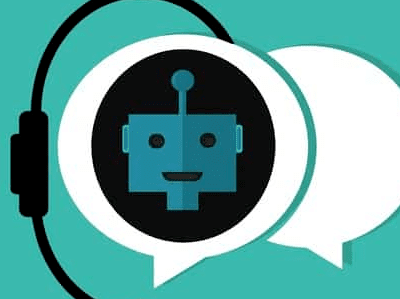Digital Transformation of Healthcare Has a Long Way to Go in India
Share This Post
Digital technologies hold a lot of promise to transform India’s healthcare sector, provided they are used by the govt. and private sector alike to tackle the core challenges being faced by this sector.
India has achieved several notable milestones in healthcare, e.g. becoming polio free in 2014 as against having 50% of the world’s polio cases in 2009, a significant improvement in life expectancy from 32 years a few decades ago to 65+ years today, eradication of small pox, guinea worm, leprosy, etc. to name a few.
Unfortunately, these are very few achievements as compared to the challenges that need to be overcome in this sector, some of which are so fundamental in nature that one really wonders whether we’re really living in the 21st century or the dark ages!
Basic health issues like malnutrition, low immunization rates, poor sanitation, epidemics from communicable diseases like dengue fever, chikungunya, etc. are proof enough that the healthcare sector in India has a long way to go. Plus, diseases and syndromes due to rising pollution levels and changing lifestyles further add fuel to the fire.
On top of all this, we have a grossly insufficient skilled medical workforce. India has just one doctor for every 1681 patients, according to the Medical Council of India, among the lowest doctor-population ratio in the world!
Without enough qualified doctors, it’s a challenge to find the right one for your healthcare needs. In fact, most recommendations of good doctors happen by word of mouth, leading to delayed appointments, over-worked doctors, and high cost of treatment.
Speaking of cost, treatments for critical ailments are exorbitantly expensive, thanks to poor penetration of healthcare insurance and lack of sufficient spending by the govt. on public healthcare services and resources.
The issue is so serious that a single major health issue in an Indian family can chew up their entire lifetime’s savings.
That’s because 75-80% of healthcare expenditure is done out of pocket, according to a 2015 health profile report by Central Bureau of Health Intelligence. Moreover, 51% of those who’re insured are under-insured according to another report.
Then there are other issues like accountability for right treatment, financial transparency to ensure patients are not duped of their money, etc.
Can digital technologies help transform this sector?
Most definitely they can. Solutions are being used to help patients find doctors, fix appointments, etc. Mobile technologies can help enhance the reach of medical facilities by way of tele-health, mobile healthcare apps, etc. IoT sensors can help monitor pollution levels, while devices can help with remote patients monitoring. Cognitive analytics can help study disease spread patterns, viral strands, etc.
Digital technologies can definitely make a difference, and they are already doing so, but only in bits and pieces. That’s because technology alone can’t resolve the problems, given their complexity. Only a holistic approach, that first identifies the right problem and then uses the right mix of strategy, policies, and digital technologies can reap results.
So instead of implementing a solution to find doctors and schedule appointments, efforts have to be put to reduce the doctor-patients ratio by adding a skilled medical workforce.
Besides providing attractive health insurance schemes and mobile apps to track them, efforts have to be made to enhance health insurance penetration levels with the objective of making health care more affordable among the masses.
Besides having pollution monitoring and reporting software, efforts have to be made to improve the sanitation levels and reduce pollution levels, etc.
None of these goals are easy, but if identified correctly, and with the right inclinations and efforts, they can really improve healthcare in the country.
Otherwise, digital technologies will only act as quick fixes, instead of truly disrupting this sector.












